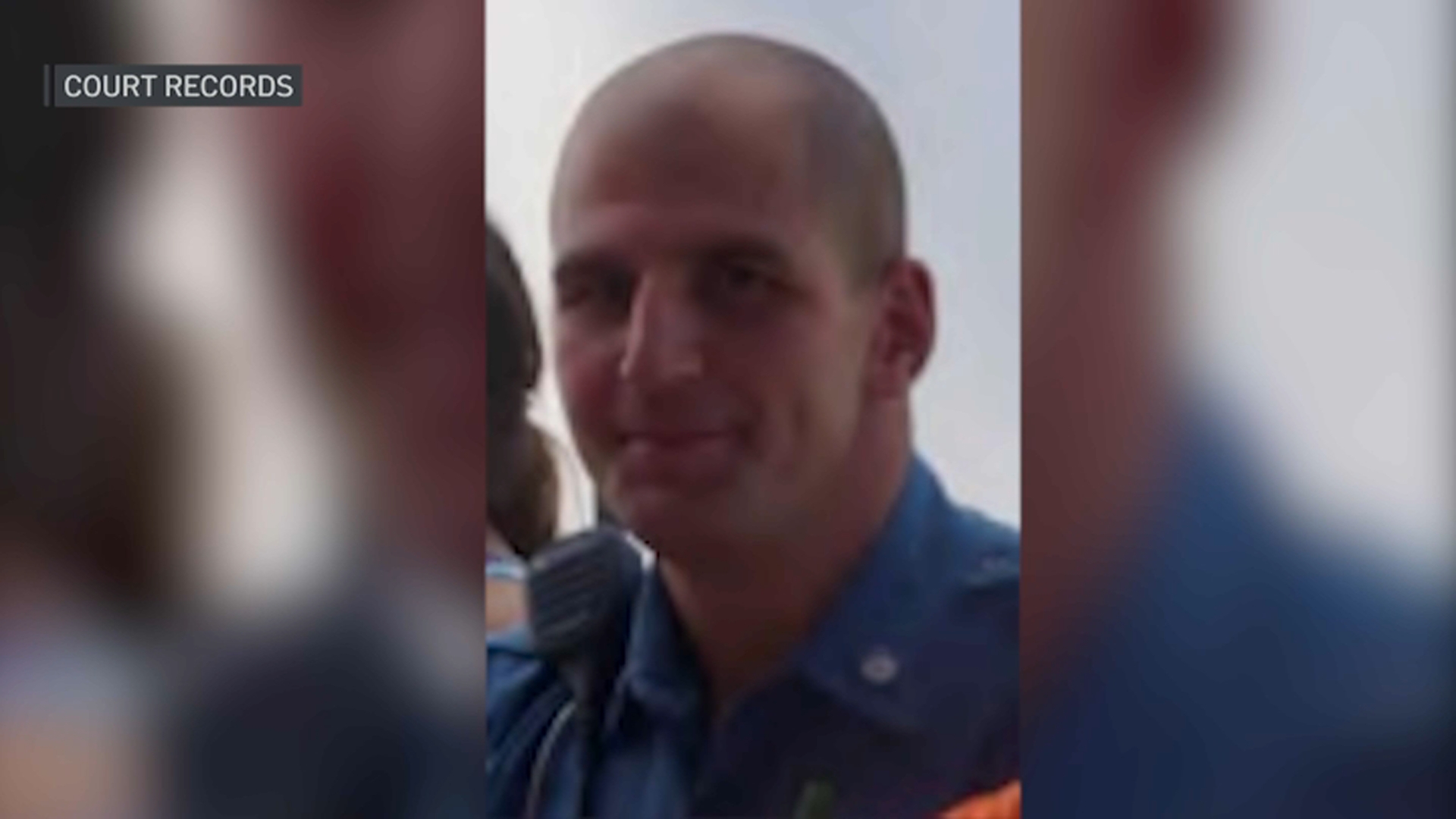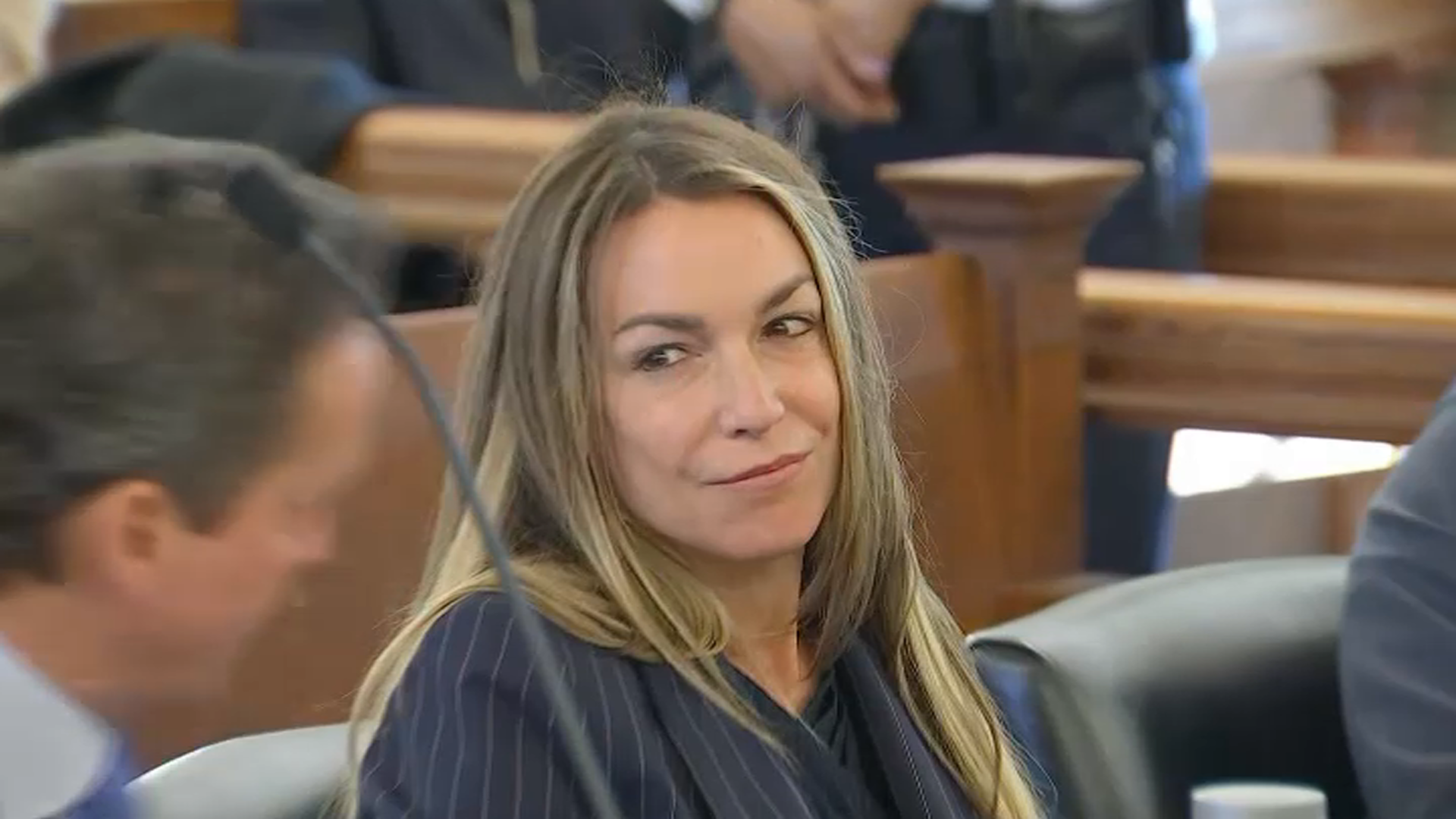A judge has denied a motion from Karen Read's lawyers to dismiss the murder case against her, clearing the way for the trial, one of the most high-profile in Massachusetts, to go ahead next month.
Norfolk Superior Court Judge Beverly Cannone issued the ruling on Read's motion to dismiss the case on grounds that the prosecution's presentation of evidence impaired how the grand jury considered the matter. The ruling was issued Tuesday, after a pre-trial hearing.
Read is accused of killing John O'Keefe, her Boston police officer boyfriend, in Canton, Massachusetts, in 2022. Her lawyers have alleged that she was framed amid a massive coverup, which the prosecution and people involved have denied.
Cannone still hadn't ruled on another defense motion to have Norfolk County District Attorney Michael Morrissey removed from the case entirely.
Both sides in the closely watched criminal proceeding reacted to Cannone's ruling Tuesday.
"We look forward to presenting the case to a jury as soon as possible," Morrissey said in a statement.
One of Read's attorneys, David Yannetti, told NBC10 Boston the team has no comment.
The trial is scheduled to get underway on April 16 barring a last-minute postponement.
At the hearing earlier Tuesday, for which Read was present, Cannone pressed both the defense and prosecution about motions they'd made. She opened the hearing by noting that the defense did not submit a long-promised motion to dismiss the case based on egregious government conduct, even though Yannetti had assured Cannone that it was different from another motion the team had made and would be filed.
Since it was not filed, the motion was waived, Cannone said.
Yannetti wasn't in court Tuesday, but his colleague and sister, Tanis Yannetti, said the team was not waiving any objection and that there is a pending motion to disqualify the Norfolk District Attorney's Office from prosecuting the case, and said after being pressed by the judge that "it was a strategic decision for us not to file" the motion to dismiss the case based on egregious government conduct, without elaborating.
The two sides discussed a pair of motions that were submitted, one from the defense to have prosecutors produce notes they said contain witness statements, another from the prosecution for the defense to produce their list of experts for the trial.
Read's lawyers said they would submit their list once prosecutors finished handing over evidence, which they had not done. Cannone suggested the prosecution do that quickly.
If and when the case begins, arguments are expected to take five or six weeks, based on an estimate made by the defense in court Tuesday.
Read's father, who was in court as well on Tuesday, was hoping the case wouldn't get that far after 26 months of what he described as "a hell." But he said the family would persevere no matter what.
"I want this to end, and if it has to end through the court proceeding, then it will," William Read said.
For a trial, one of the challenges that Cannone will face is to seat an impartial jury, given the intensive media attention the case has gotten amid the claims of a coverup, according to NBC10 Boston legal analyst Michael Coyne.
"You have people with pretty extreme on both sides of this issue already, and the court has to take pains to make sure that none of those people end in the jury itself," he said.
Coyne also noted that it's unlikely Cannone will remove Morrissey from the case, calling it a "very high bar" to meet.
Read last appeared in court on Wednesday, where attorneys for both sides presented arguments on three motions filed by the defense seeking records pertaining to various witnesses in the case.
The first motion sought records from the Massachusetts State Police internal affairs division pertaining to Trooper Michael Proctor, the lead investigator in the Read case, who is under internal investigation for an undisclosed potential violation of department policy. Neither prosecutors nor Proctor's attorney objected to the motion.
The second motion sought phone records from Brian Albert, Brian Higgins and Kevin Albert from April 1, 2023 to present. Brian Albert and Brian Higgins were reportedly inside Brian Albert's house on the night of O'Keefe's death, and Kevin Albert is Brian's brother and a Canton police officer.
David Yannetti said the phone records would help to establish the defense's argument that someone other than Read was responsible for O'Keefe's death and there is a conspiracy to frame her for the murder.
"We're entitled to explore whether this investigation was conducted ethically," Yannetti said. "The records are relevant because they tend to show a cover up. They show a Canton police officer inserting himself into a case his department was conflicted out of precisely because he is an officer there."
"We need these records," he added. "Going to trial without them would violate my client's rights."
Assistant District Attorney Adam Lally argued that the defense's statements were "largely inaccurate" and "injected with hyperbole" and the motion should be denied.
The final motion argued at last week's hearing was a request from the defense for phone records from Brian Albert, Brian Higgins and former Canton Police Chief Kenneth Berkowitz. Yannetti focused much of his argument on two phone calls between Albert and Brian Higgins around 2:22 a.m. on Jan. 29, 2022, less than four hours before O'Keefe's body was found on Albert's lawn.
Albert and Higgins both reportedly tried to claim the calls were accidental, but Yannetti said that seems impossible given both the late hour and the fact that they both said they were in bed at the time.
"When he was first confronted, Brian Higgins tried to claim it was a butt dial," Yannetti said. "I've never seen a case where there have been so many butt dials, to be frank."
Cannone allowed the first motion on Wednesday but did not rule on the second two. She also has yet to rule on a motion to dismiss that was filed by the defense and a motion to disqualify Norfolk District Attorney Michael Morrissey from the case.



